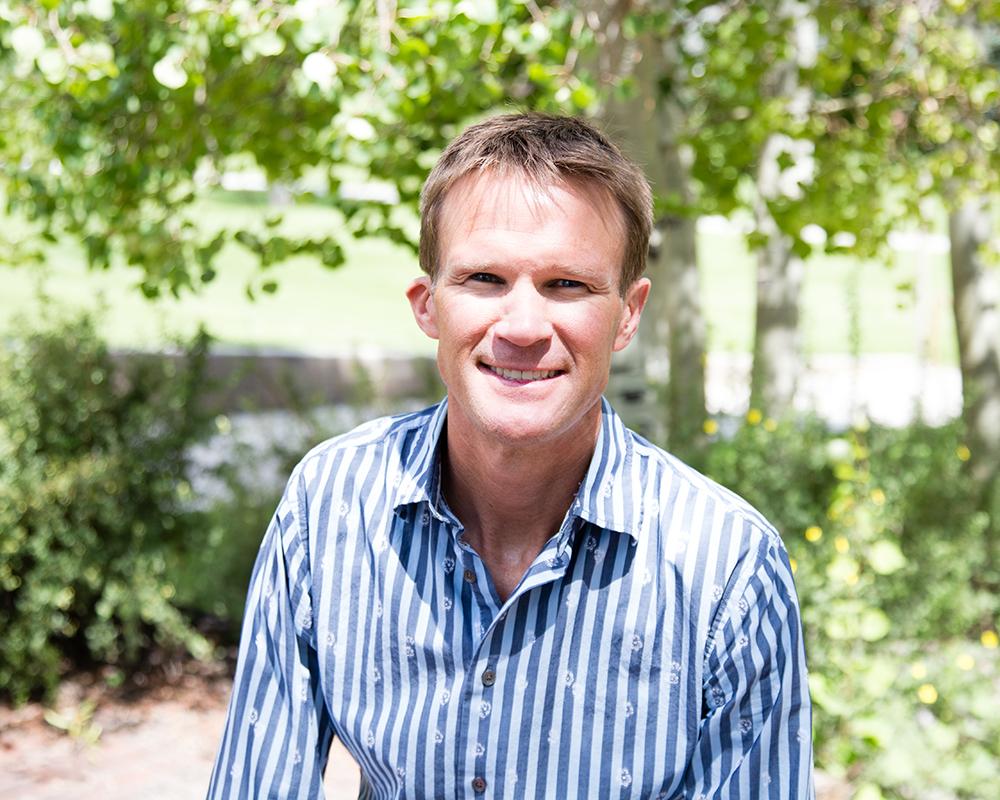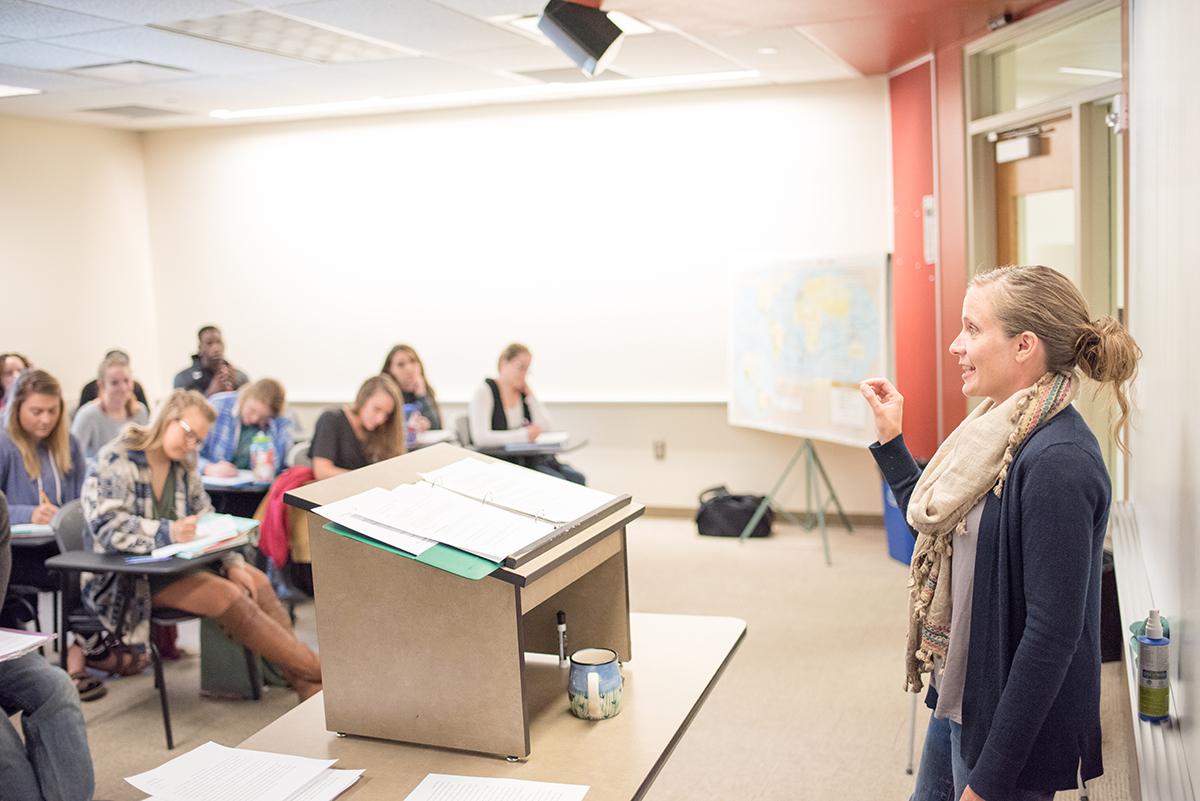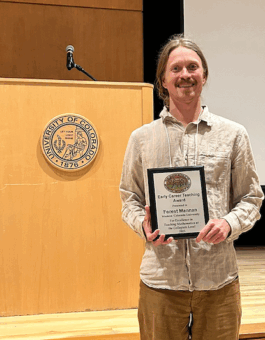Almost one-fourth of the United States population lives in rural areas. Of those 62 million Americans, nearly 20% of them—approximately 15 million people—struggle with some form of behavioral health issues. These issues range from substance dependence to mental illness.
In Colorado, there are some substantial differences in behavioral health outcomes and issues. Obesity, drug overdose deaths, mental health resources and poverty are significant factors and can lead to stress, food insecurity and low birth weight.
Stigma, isolation, economic factors and a lack of resources can limit assistance to those who need it. Additionally, social issues, especially in subpopulations only contribute to the need.
With this in mind, Western Colorado University is launching a new master’s degree that will train future health professionals to address this growing gap in care. The Master of Behavioral Science (MBS) in Rural Community Health will launch in Fall 2021. It will feature such courses as health disparities, violence and trauma, lifespan development, program planning and evaluation and behavioral health for rural and tribal areas.
Engaging with Communities
The program aims to increase students’ abilities to engage communities in developing ways to address the social dimensions of health in rural areas. For example, one area students will examine is the impact of childhood trauma—such as bullying—which can lead to a host of behavioral problems when left unaddressed.
“Bullying in schools is a health issue, because it causes elevated stress hormones. There are long term consequences of early life experiences, and behavioral health is wide-raging,” said Matt Aronson, associate professor of sociology. “At the other end of the life cycle, there are long standing concerns about the elderly and the loneliness and isolation they experience.”
Addressing Persistent Issues

Students will learn how to increase collaboration among agencies and organizations within a community to address persistent issues, such as substance use, social isolation, opioid addiction, suicide and interpersonal violence. Plus, they will gain insight as to develop healing practices and social support in rural areas.
“Rural communities are unique in another way,” said Aronson. “The stigma around mental health and the hesitance people have with outing themselves or acknowledging they have some struggles—it plays out differently in rural communities because of the size of those communities.”
There likely is no one better acquainted with the challenges of addressing behavioral health issues in a rural area than Kari Commerford. As the Gunnison County juvenile services director, Commerford has worked with programs such as the Gunnison County Substance Abuse Prevention Project, which helps educate youth about the impacts of their choices. Commerford also is a lecturer in psychology at Western and has helped formulate the practicum aspect of the new master’s degree.
“This is an area that I have always been passionate about, and nine years ago I taught our first Rural Behavioral Health class in the Honors Department,” said Commerford. “There is a huge need in training workforce to address rural behavioral health and there’s no better place to do it than in a rural area.”
Forming Strong Partnerships
Commerford has worked with local, regional and state stakeholders in addressing behavioral health and substance abuse needs. She wants students to learn not only how to handle the psychological needs of a community, but also to form strong partnerships with organizations that provide support.
As part of the practicum course which is being designed, Commerford said students will spend a semester creating a plan that will better serve the community. The effort will involve data analysis and planning to form evidence-based strategies to address behavioral health needs.
“They’ll put their heads into an area of their interest, the needs in that area and then do the groundwork of connecting with that organization, and really laying out the service they’ll provide,” said Commerford. “There’s going to be a lot of intellectual rigor and professionalism as part of their project.”
Illuminating the Need for Community
With faculty mentorship, students will complete the project that they have designed while becoming integrated into the community.
“The opportunity we have with this program in rural behavioral health is to illuminate that everybody needs community, often that’s what you see in rural areas,” Commerford said. “You see that rugged individualism—‘I will pull myself up.’ But people need other people, and the program demonstrates that.”
Learn more about the the Master of Behavioral Science (MBS) in Rural Community Health.
Author Credit: Chris Rourke
Photo Credit: Courtesy of Western Marketing


